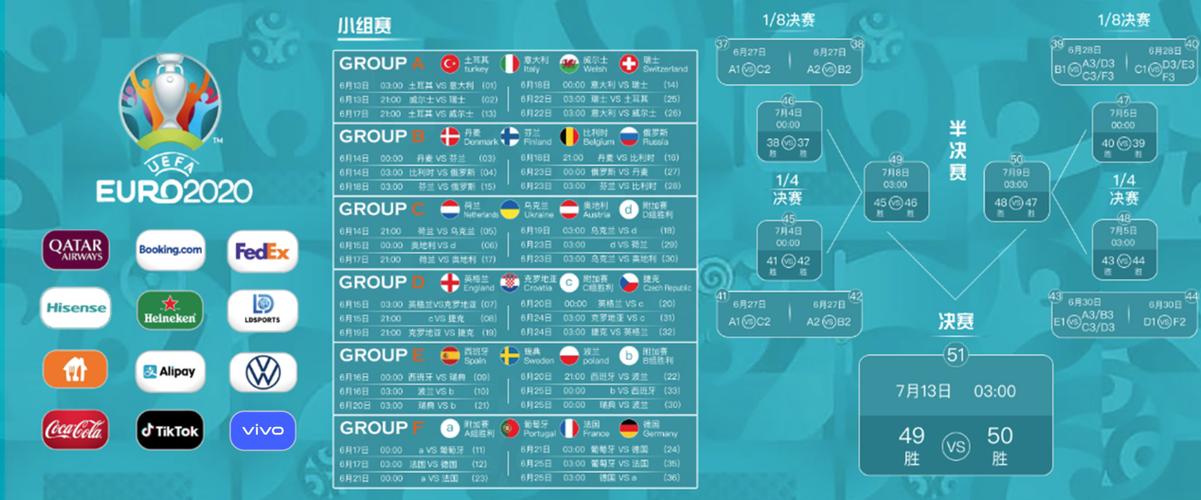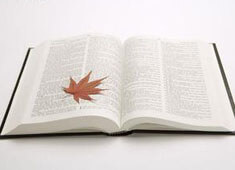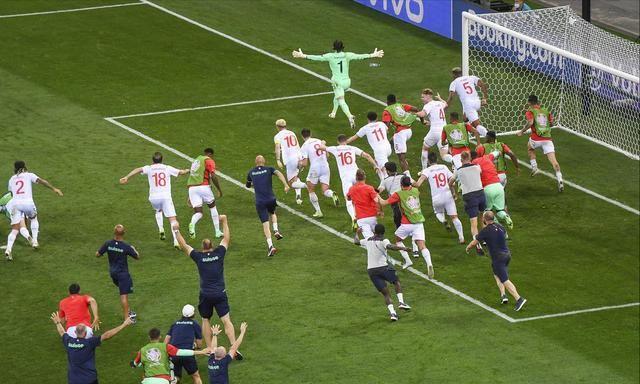欧洲杯一共踢多久
Title: A Brief History of the UEFA European Championship

The UEFA European Championship, commonly referred to as the Euros, is a prestigious football tournament organized by the Union of European Football Associations (UEFA). Let's delve into its rich history and explore the journey it has undertaken over the years.
Introduction to the UEFA European Championship
The UEFA European Championship is one of the most anticipated football events globally, showcasing the talent and skill of European national teams. First held in 1960, this quadrennial tournament has evolved into a spectacle that captivates football enthusiasts worldwide.
Early Beginnings: 19601976
The inaugural UEFA European Championship took place in 1960, hosted by France. This historic event featured only four teams: the Soviet Union, Yugoslavia, Czechoslovakia, and the host nation, France. The Soviets emerged victorious, laying the foundation for a tournament that would become a cornerstone of European football.
In the subsequent years, the championship expanded both in terms of participating teams and viewership. Spain, Italy, Belgium, and Yugoslavia hosted the tournaments from 1964 to 1976, with notable victories including West Germany's triumph in 1972 and Czechoslovakia's unexpected win in 1976.
Expansion and Dominance: 19802000
The 1980s witnessed further growth and development of the UEFA European Championship. The tournament expanded to include eight teams and saw increased competitiveness among European nations. Notable champions during this era included France, the Netherlands, and West Germany.
The 1990s brought about significant changes, with the tournament expanding once again to accommodate 16 teams. This expansion allowed for more diverse participation and intensified competition. Germany asserted its dominance by winning the championship in 1996, while France secured backtoback titles in 2000, solidifying its status as a European football powerhouse.
Modern Era: 2004Present
In the 21st century, the UEFA European Championship continued to captivate audiences with its electrifying matches and starstudded lineups. Portugal clinched its firstever title in 2016, led by the legendary Cristiano Ronaldo, marking a historic moment in the nation's football history.
The tournament's format underwent further modifications in 2020, with matches held across multiple European cities to commemorate the championship's 60th anniversary. This innovative approach not only celebrated the tournament's legacy but also fostered a sense of unity and inclusivity across the continent.
Conclusion: Celebrating Football Excellence
As we reflect on the illustrious history of the UEFA European Championship, it becomes evident that this tournament transcends boundaries, uniting nations through the universal language of football. From its modest beginnings in 1960 to its current status as a global phenomenon, the Euros continue to inspire generations of football enthusiasts and showcase the unparalleled skill and passion of European football.
Whether it's the jubilant celebrations of victory or the heartwrenching defeats, the UEFA European Championship remains an enduring symbol of football excellence, reminding us of the unifying power of sport.
Guiding Suggestions:
Stay updated with the latest news and developments surrounding the UEFA European Championship to enhance your understanding of its dynamic landscape.
Explore the historical performances of different European national teams to gain insights into their strategies and achievements.
Engage with fellow football enthusiasts and experts to exchange perspectives and deepen your appreciation for the sport.
This HTML response provides a comprehensive overview of the UEFA European Championship's history, spanning its inception in 1960 to the present day. It offers insights into the tournament's evolution, notable achievements, and its significance in the world of football. Let me know if you need further details or have any specific questions!
体育资讯
MORE>-
09-20激战牛城!火箭vs小牛,休斯顿复仇之战,巨头对决引领风暴!
-
09-20体图:药厂已列阿隆索替代者候选,明夏重建将靠维尔茨上亿转会费
-
09-20西甲风云武磊闪耀!西甲大名单发布,留洋新星期待闪耀新赛季
-
09-20罗体:因加蒂受伤,对阵那不勒斯时莫塔将让达尼洛首发出场
-
09-20女子双子宫怀龙凤胎,一边各住一个的传奇故事
-
09-202020欧冠八强激战,谁能问鼎欧洲之巅?——深度解析四场重量级对决
-
09-20台企金阿波罗老板被检方约谈事件
-
09-20美联储宣布降息50个基点
-
09-20前瞻足协杯决赛倒计时,热血对决,冠军争夺战即将上演!
-
09-20荣耀对决,2012年欧冠决赛的巅峰之战——揭秘那一年的足球传奇
-
09-19主场错失亚冠开门红,海港进球功臣波普谢场时满脸遗憾
-
09-19欧洲杯风云再起!法国vs瑞士,荣耀对决,谁能锁定半决赛门票?
-
09-19欧洲杯风云再起!捷克与荷兰碰撞,足球盛宴的火花照亮绿茵场
-
09-19青岛地铁站吃瓜瓜瓜炸裂
-
09-19梅西的告别信,巴塞罗那,永恒的记忆与无尽的感激
- 搜索
- 最近发表
-
- 激战牛城!火箭vs小牛,休斯顿复仇之战,巨头对决引领风暴!
- 体图:药厂已列阿隆索替代者候选,明夏重建将靠维尔茨上亿转会费
- 皮肤饥饿症,4岁男孩的困境与希望
- 雷霆与勇士的碰撞,西部争霸激战,雷霆能否打破金州不败神话?
- 海清模样大变疑医美过度
- 曼联新援单调因体能和速度问题被曝光而措手不及
- 切尔西锐意进取,巴塞尔挑战蓝军防线,欧冠之夜的英超德比预演
- 合肥地震高层出现裂缝系谣言
- 激战上海滩!上港3:2逆袭苏宁,绿茵对决见证足球激情
- 爆款好人上演争爸赛,葛优贾冰演绎正义与亲情
- 广州市劳动模范,汗水铸就的荣耀,匠心筑梦的城市脊梁
- 热血沸腾!山东黄金男篮2022赛季赛程大曝光,球迷必看
- 火拼第六场!热火与马刺激战,谁能续写胜者传奇?
- 花少6,田嘉瑞的反向砍价小能手
- 西甲风云武磊闪耀!西甲大名单发布,留洋新星期待闪耀新赛季
- 人民币对美元汇率创近16个月新高
- 罗体:因加蒂受伤,对阵那不勒斯时莫塔将让达尼洛首发出场
- 布鲁克·洛佩斯,全能巨人的传奇之路——从NBA新秀到全能战士的蜕变
- 全能战士,勇士队基石阿尔德里奇的坚韧与转型之路
- 全面解读!2023年全运会男篮赛程大揭秘,星光熠熠的对决与青年才俊的崛起
- 标签列表
-
- 世界杯和欧洲杯哪个含金量高 (9)
- 欧洲杯一共多少球队 (11)
- 2024欧洲杯主办城市 (12)
- 2024欧洲杯比赛时间 (19)
- 欧洲杯在哪竞猜 (13)
- 欧洲杯哪只球队先开球 (11)
- 欧洲杯哪个球队身价最高 (10)
- 欧洲杯有多少只球队参加 (15)
- 参加欧洲杯最多的球员 (11)
- 欧洲杯为什么没有直播 (13)
- 2024欧洲杯百度百科 (14)
- 欧洲杯哪个队最有可能进决赛 (11)
- 2024年欧洲杯预选赛 (16)
- 欧洲杯为什么没有中国 (12)
- 欧洲杯共多少场比赛 (12)
- 欧洲杯都有哪些球队参加 (10)
- 2024欧洲杯参赛队伍有多少个 (10)
- 在哪里可以看欧洲杯预选赛 (13)
- 欧洲杯一场比赛时间多长 (10)
- 欧洲杯参赛球队有几支 (11)
- 欧洲杯一场多少人 (11)
- 直播app (10)
- 直播吧 (18)
- 直播吧官网 (11)
- 直播 (11)




